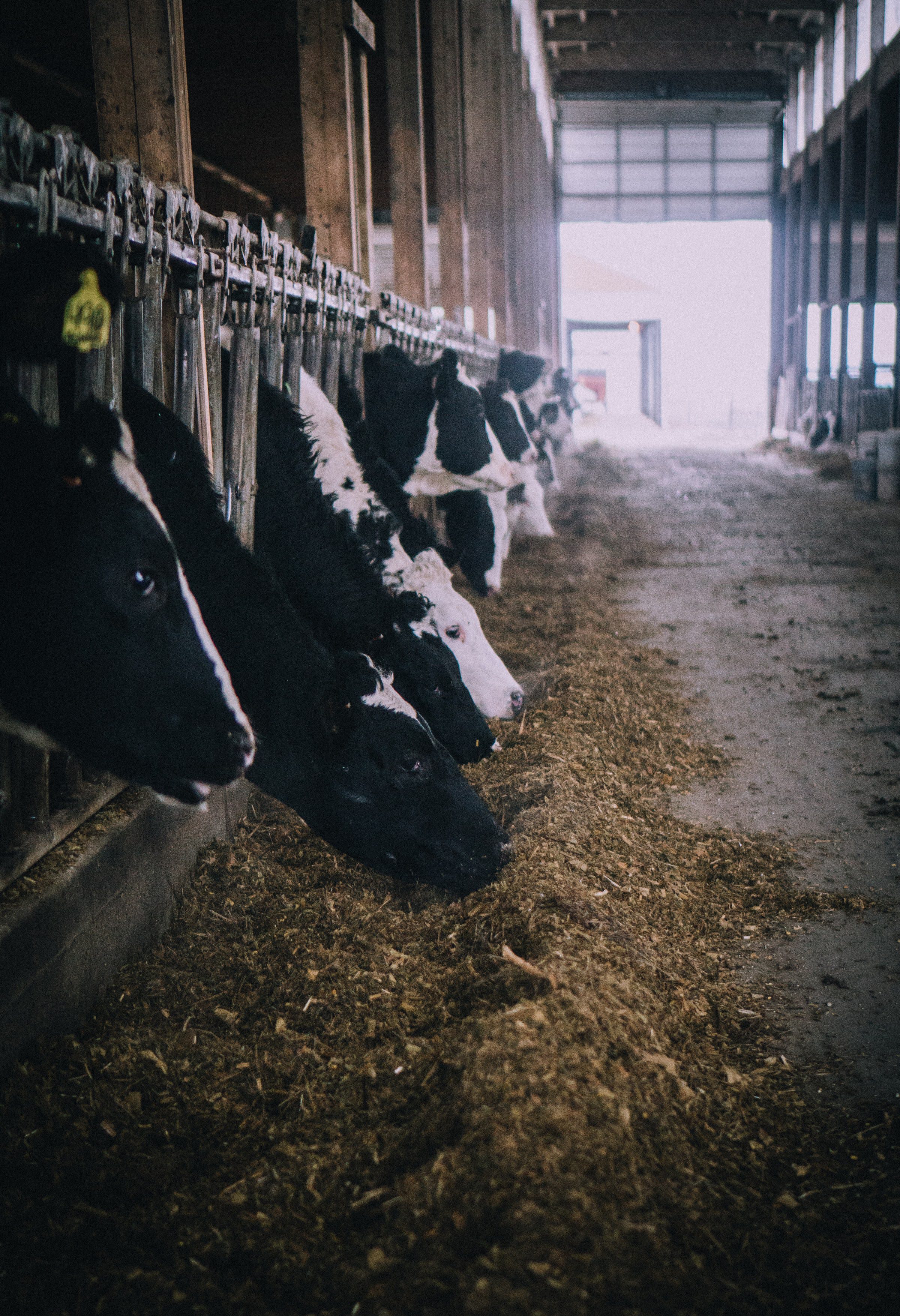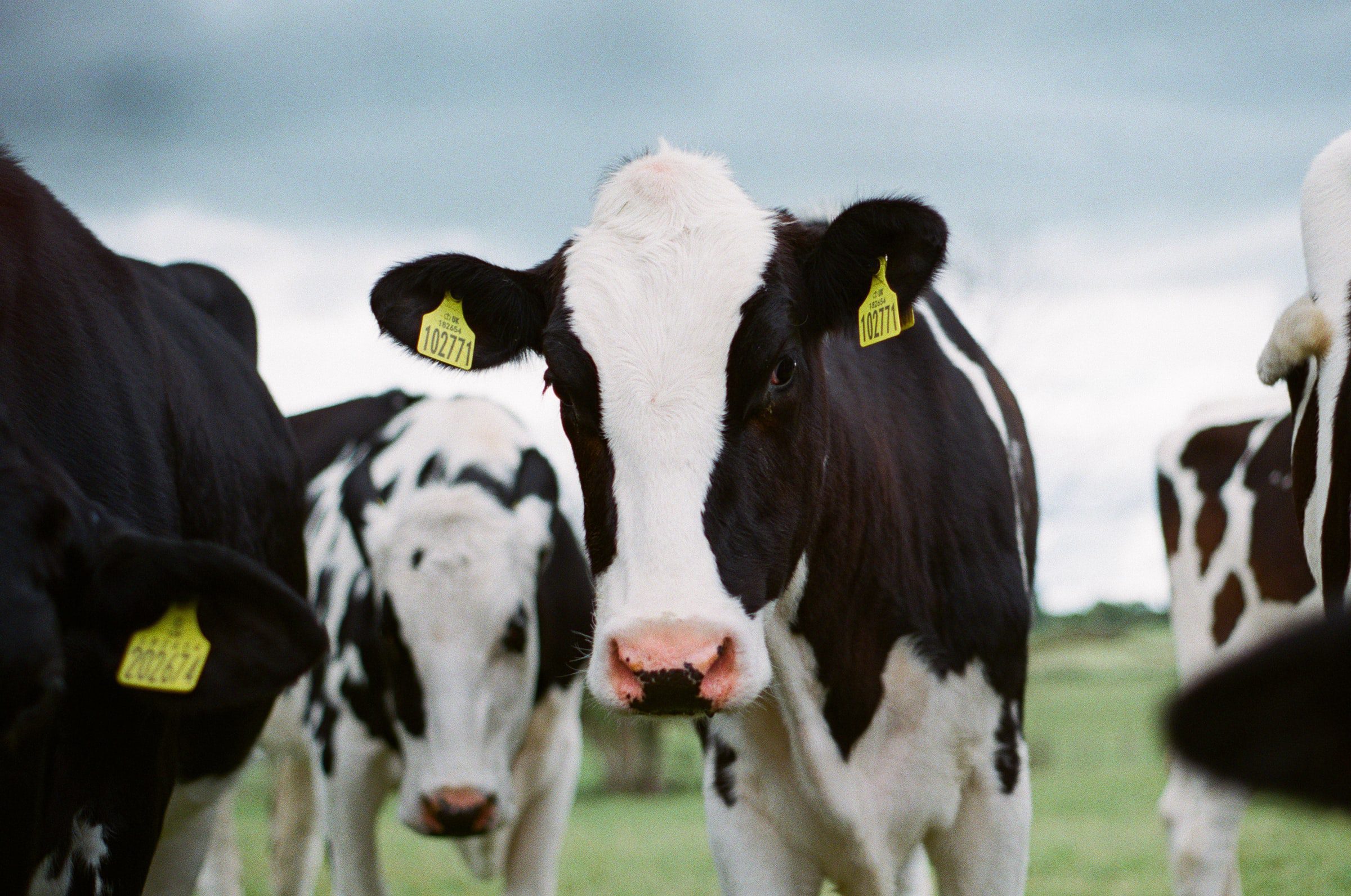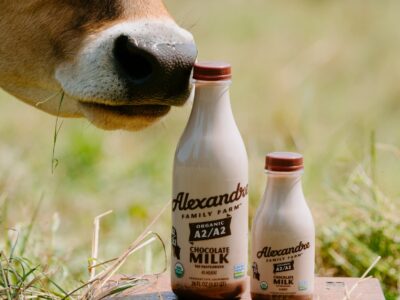A little less than a mile above sea level, tucked into the northeastern corner of the Rocky Mountain State, lies Ft. Morgan, Colorado.
A little-discussed tidbit about Colorado is that it is not completely made up of towering peaks, picturesque valleys, and streams populated by bighorn elk and black bears, like one might be tempted to believe. Much of the eastern portion of the state is, in fact, long rolling plains and highly coveted farmland.
It is here, in this reach of prime grazing land that Mary and Chris Kraft have made their home and business. And their business is dairy. Split between two locales only 3 miles apart, Badger Creek Farm and Quail Ridge Dairy boasts over 5,000 milked cows per day, operated by Chris, Mary, their son Stratton, and 75 employees.

Continuing a family lineage, Mary Kraft, the company’s CFO and fourth-generation farmer, shares a unique technological breakthrough that makes staying competitive as a business much more achievable. Colorado’s dairies and dairy herds have dwindled over the last few decades – especially compared to when her parents grazed this area just a generation prior.
The Kraft family’s Bluetooth innovation allows for more comprehensive care of their cows, and their product, than was previously available to past generations.
Their Bluetooth technology is surprisingly simple. Each Holstein cow wears a transponder around its neck, which sends valuable data via sensors to the farm staff. The data is as detailed as whether a cow needs a good pedicure or as broad as whether a cow is carrying a calf or has contracted a disease.
This data goes a long way toward improving the overall health of the Kraft herds. Most importantly, these non-invasive Bluetooth collars send valuable information back to the farm headquarters as to when the animal in question last visited the milking barn and how much milk a particular cow is producing.
This vital data travels directly to Mary Kraft’s iPhone through an app run by Valley Agricultural Software. This data is incredibly important for a business based on healthy animals producing the highest quality milk.
The Krafts believe their farm is thriving largely due to this technology as there are only a quarter of dairies in the state today compared to 25 years ago.
Never one to shy away from expressing the pride they feel in the farm, their family, or their innovation, Mary Kraft leads with the term “Bluetooth cows” any time she is explaining their unique process to laypeople. Mary is willing to share the process with those that are interested.
On a typical day, the dairy runs three milking shifts, at 6 a.m., 2 p.m., and 10 p.m., and each cow gets milked three times daily. The most aggressive cows are at the gate quite early, by 6 a.m., and are the first to file through a series of gates that gingerly move them along.
“These guys are creatures of habit. What they like to do is hang out and chew their cud and hang out with their neighbors,” said Kraft. “They also know what time it is. Half of them will be standing at the gate saying, ‘OK people, it’s 6 o’clock. Get here.’ They are the assertive ones. The others are hanging behind, eating.”

From there, the cows move into a single file to be checked and hooked up the milking machines by the staff of workers. Each milking takes only about four minutes to perform, and then it is analyzed by computers via their Bluetooth collars by output, temperature, and quality, among other things.
This Bluetooth breakthrough has truly revolutionized dairy farming, allowing the Krafts to group their herd by cohort, singling out high-achieving milkers to maximize production as well as finding weaker, slower milkers to foster into healthier animals and producers. This commitment to the highest quality standard sets the Krafts apart, as family dairy farmers go, and is an immense source of pride.
As Mary Kraft says, “We use technology so that we can advance…We’re quite a little economy here.”





